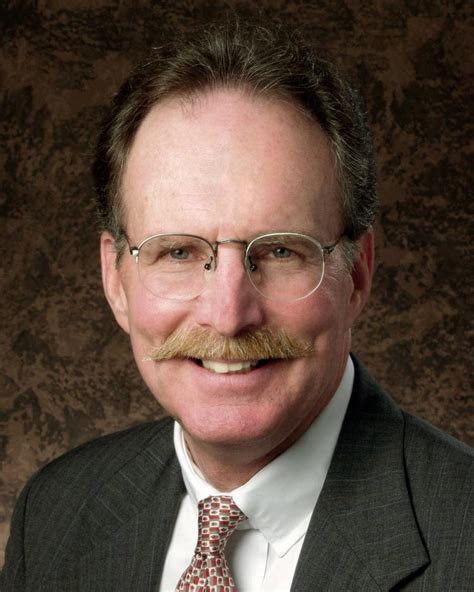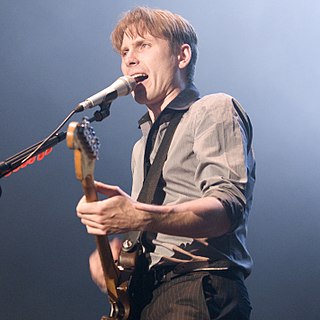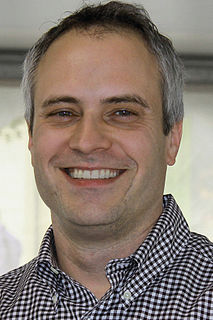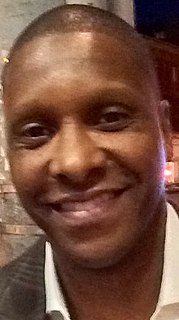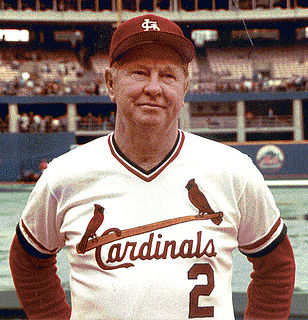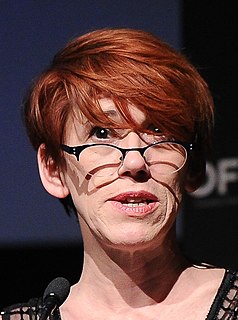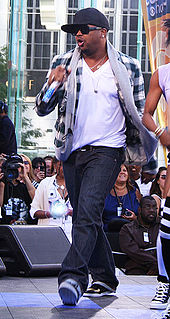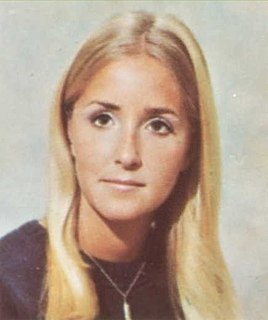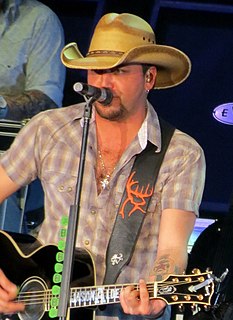A Quote by Kevin Reilly
I'm trying to be a broadcaster and have a big cultural impact.
Quote Topics
Related Quotes
Movies are arguably the most influential, important medium in the world. They have a tremendous cultural impact. Because women are now making movies, then women's ideas, philosophy, point of view will seep into that culture. And that's never happened in history. Ever, ever, ever. We can't even see the impact of that yet.
We call them impact songs, and people buy impact songs. But you just never know what those songs are going to be. One of those songs that really went through the roof for us was 'Big Green Tractor,' which I thought was kind of a fun little ditty song that I never in a million years thought would be as big as it was. But it was.
